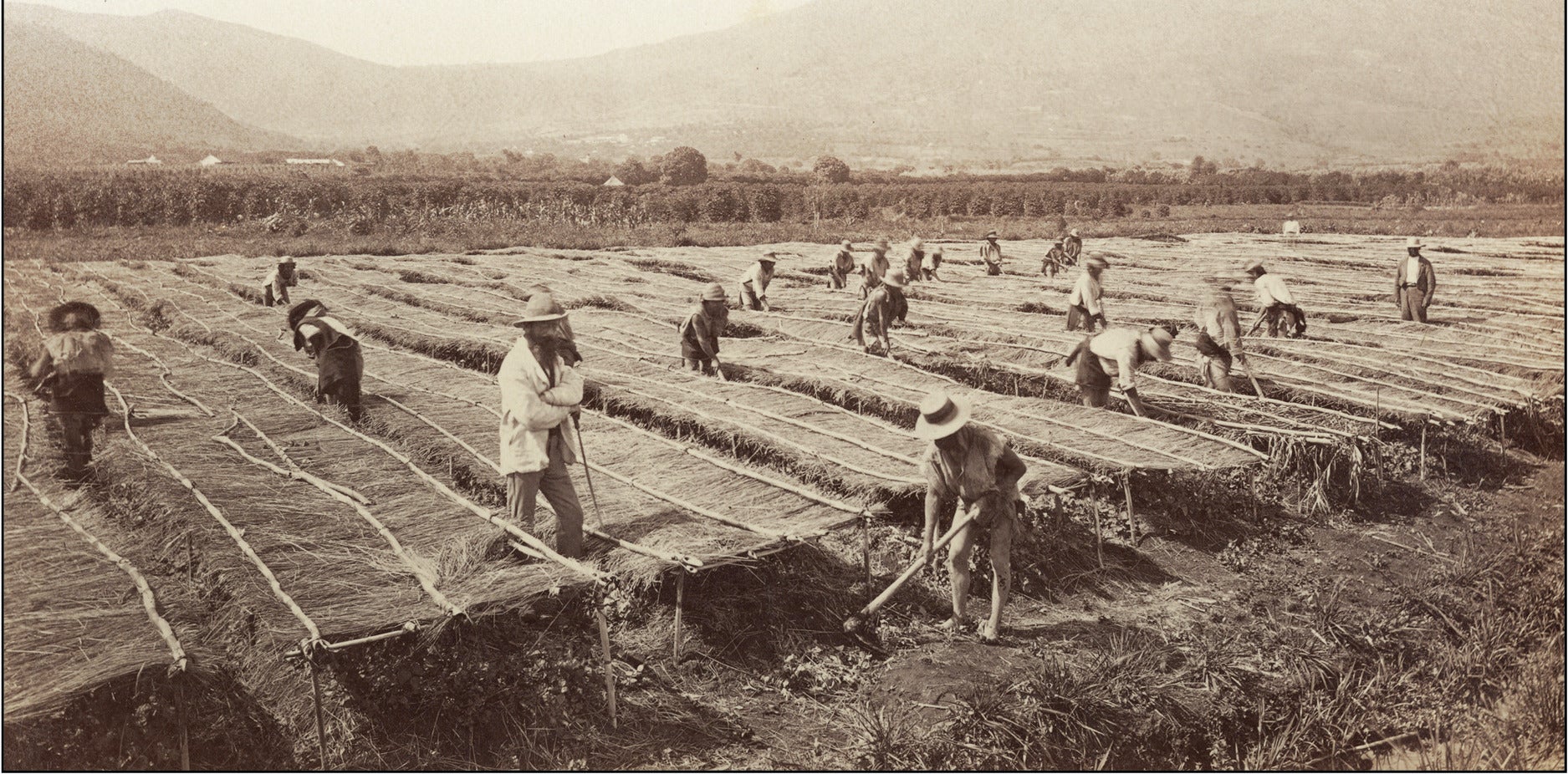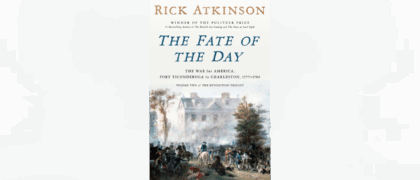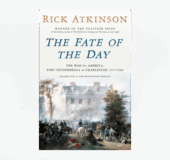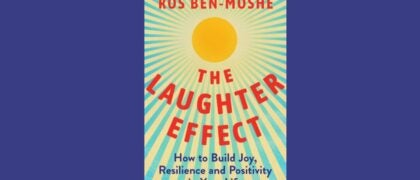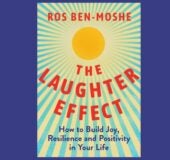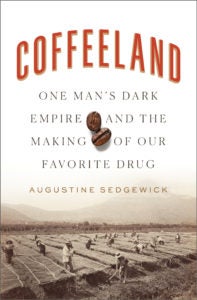
Coffee is an indispensable part of daily life for billions of people around the world—one of the most valuable commodities in the history of global capitalism, the leading source of the world’s most popular drug, and perhaps the most widespread word on the planet. Augustine Sedgewick’s Coffeeland tells the hidden and surprising story of how this came to be, tracing coffee’s five-hundred-year transformation from a mysterious Muslim ritual into an everyday necessity.
This story is one that few coffee drinkers know. It centers on the volcanic highlands of El Salvador, where James Hill, born in the slums of Manchester, England, founded one of the world’s great coffee dynasties at the turn of the twentieth century. Adapting the innovations of the Industrial Revolution to plantation agriculture, Hill helped to turn El Salvador into perhaps the most intensive monoculture in modern history, a place of extraordinary productivity, inequality, and violence.
Following coffee from Hill family plantations into supermarkets, kitchens, and workplaces across the United States, and finally into today’s ubiquitous cafés, Sedgewick reveals how coffee bred vast wealth and hard poverty, at once connecting and dividing the modern world. In the process, both El Salvador and the United States earned the nickname “Coffeeland,” but for starkly different reasons, and with consequences that reach into the present. This extraordinary history of coffee opens up a new perspective on how the globalized world works, ultimately provoking a reconsideration of what it means to be connected to faraway people and places through the familiar things that make up our day-to-day lives.
Writing for The Atlantic, Michael Pollan (author of How to Change Your Mind and The Omnivore’s Dilemma) calls Coffeeland “thoroughly engrossing”:
“[H]is literary gifts and prodigious research make for a deeply satisfying reading experience studded with narrative surprise. Sedgewick has a knack for the sparkling digression and arresting jump cut, hopping back and forth between El Salvador and the wider world, where coffee was being consumed in ever-increasing quantities. He is especially good on the marketing of coffee to Americans…. He shows how coffee has long been promoted in America less as a tasty beverage or pleasurable experience than as a means to an end: ‘a form of instant energy—a work drug.'”

